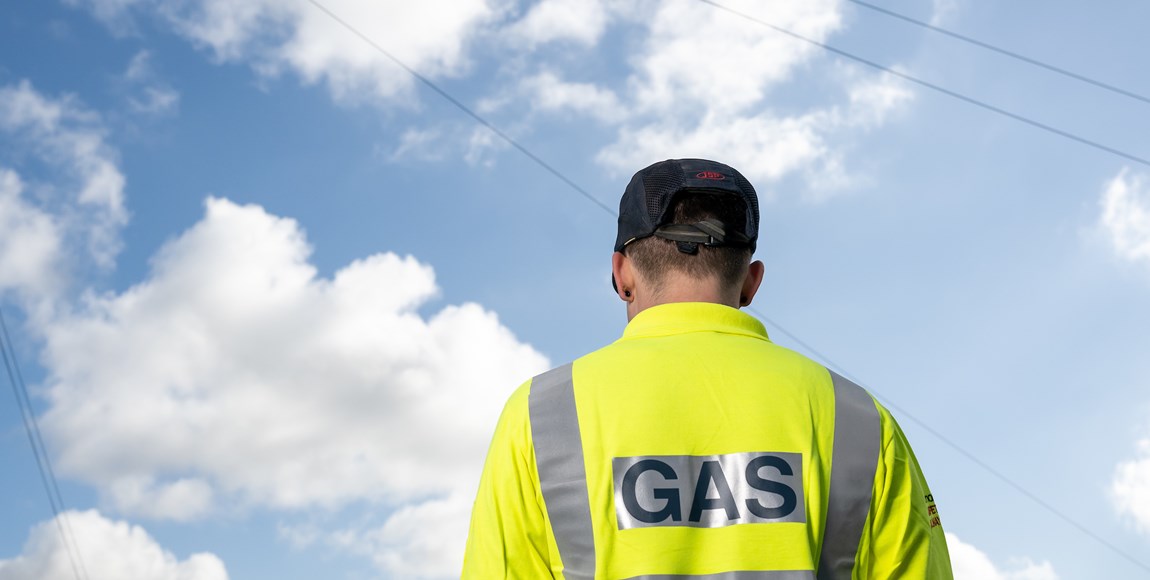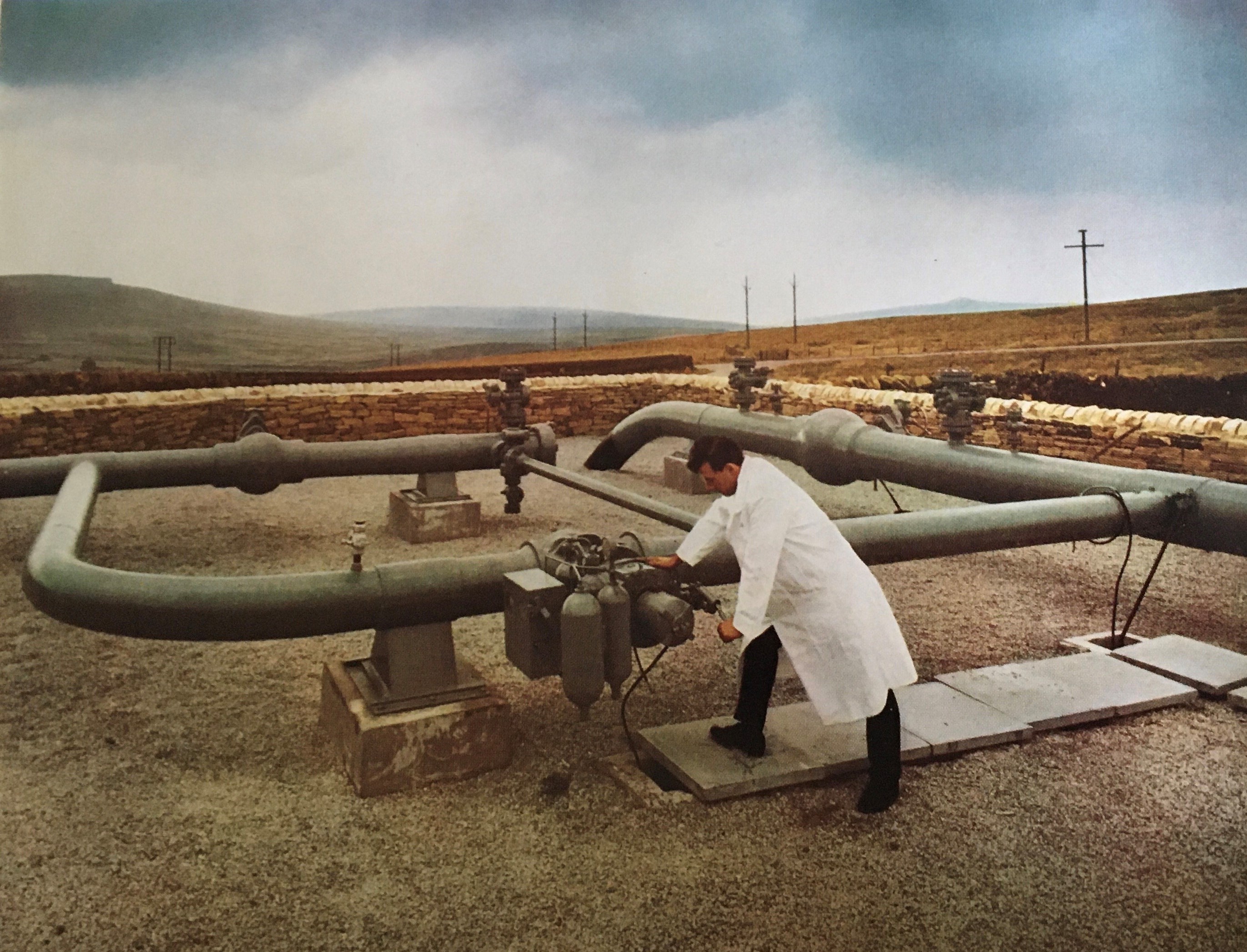“One of the smoothest operations of the kind”: how historic changes to our gas system can light the way for the future
- Lessons Learnt : Past Energy Transitions in the Gas Industry draws on the experience of converting from town gas to natural gas in the 1960’s and 70’s.
- The project demonstrates the implications of switching feedstock on the gas network and how this learning could be applied to a future transition to hydrogen.
- The project was commissioned by Wales & West Utilities and undertaken by researchers at WSP, in partnership with Northern Gas Networks and its findings launched at today’s Energy Innovation Summit 2023 in Liverpool.
Wales & West Utilities has today launched its findings from the Lessons Learnt : Past Energy Transitions in the Gas Industry project, conducted with WSP and Northern Gas Networks.
In the early 1960s, over 90% of the gas used in the UK was made from coal in local production plants and supplied through town and city networks. Over ten years, alongside the construction of a national system connecting regional networks, over 40 million appliances and 13 million customers were converted to natural gas from the North Sea and the world market.
As the UK works to reduce its carbon emissions, the energy industry is faced with another transition. In the 1970s, Government called the conversion “one of the smoothest operations of the kind in the world” – and this report highlights the learning that could be applied to a future transition, including replacing natural gas with clean hydrogen.
Supported by Ofgem’s innovation allowance, the Lessons Learnt project reviewed how the gas industry converted customers across Britain from town gas – a blend of gases including hydrogen, to natural gas. Challenges overcome included technical, logistical, financial, training and communication barriers to successfully delivery the transition.
The research team, WSP, took a deep dive into the published literature of the time, sourced from books, industry reports, journals and wider media such as newspapers, films and television footage. They also conducted interviews with those involved in the conversion.
The outcomes of the research will be used to inform gas distribution networks and the wider gas industry on the decisions, processes and impacts of the conversion to natural gas. This in turn should benefit customers as part of any future transition to hydrogen.
Sarah Williams, Director of Regulation, Asset Management and HS&E said:
“Delivering Net Zero means changing how we make, move and use energy across the UK. Learning lessons from the past gives us a better chance of delivering a smooth future energy transition.
“The natural gas rollout in the 1960s and 70s faced major logistical and communication challenges, affecting millions of households and businesses, but ultimately was recognised for its remarkable success.
“As we prepare for the future, the gas networks are looking at the role low-carbon hydrogen will play in replacing natural gas, to support industry and businesses and to offer consumer choice, delivering a reliable system that’s fit for the future. This report will help us deliver our next transition in the most cost-effective and least disruptive way for our customers.”
The full report can be found here.
This project is supported by the Network Innovation Allowance (NIA). Over 2022/23, WWU started 19 new projects, funded by a total investment of £2.2 million, including £1.5m of Network Innovation Allowance funding. A further 38 projects are planned for the rest of 2023 into 2024.
About Wales and West Utilities
Wales & West Utilities is the company that look after the pipes that keep the gas flowing to heat the homes and power businesses of 7.5m people across Wales and south west England. We operate the gas emergency service, connect new homes and businesses, and upgrade the gas network so it’s safe today and fit for the future.
We are investing £400m between 2021 and 2026 in the gas network, supporting our journey to net zero. By 2035, we aim to deliver a net zero ready network to the areas most likely to convert to hydrogen, transforming our entire network by 2040
The company is also committed to playing its part in getting to net zero carbon emissions by 2050. It has 54 power stations connected to its network to support renewables like wind and solar power, while 20 green gas sites have capacity to inject enough decarbonised green gas to meet the demand of around 150,000 homes. Our network supplies bus garages in three locations across the south west of England, fuelling CNG buses that improve air quality and reduce carbon emissions from public transport.




